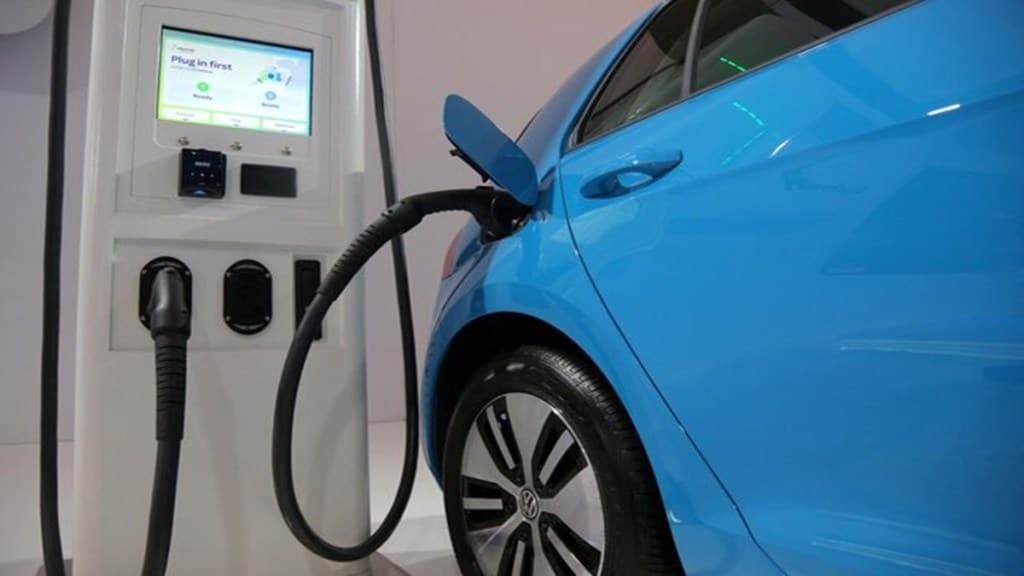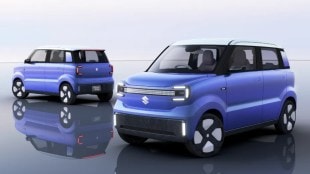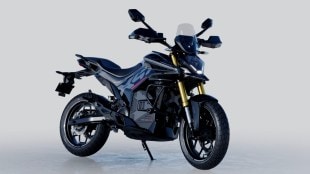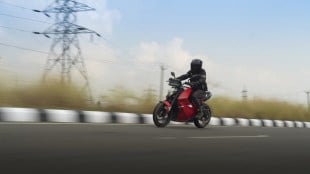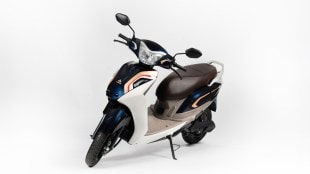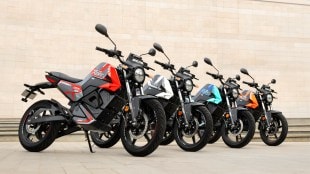The high import duties have already been a point of contention between Indian and many foreign OEMs, especially the automotive industry since it has one of the highest returns in profit. With the ‘Make in India’ initiative promoted by the Government of India quite aggressively in the last decade or so, many new foreign vehicle manufacturers have set shop in India.
Yet critical components for automobiles continue to be imported. The Indian government has been pushing for adoption of EVs among the mass consumer base. However, lack of charging infrastructure and high initial cost largely due to the battery, have made the transition slower and more difficult. To bring down the cost of battery the Government of India has taken a significant step.
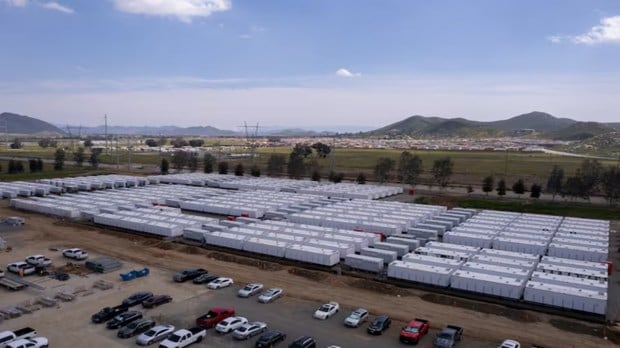
Elimination of imports on EV components
The government has announced the elimination of import duties on 35 critical elements needed to manufacture battery components. This game-changing policy was announced by Finance Minister Nirmala Sitharaman on Tuesday, in her address to the Parliament ahead of the Finance Bill 2025. The announcement was strategically made just days ahead of the implementation of the revised US import tariffs on April 2.
India has been preparing to mitigate the impact of U.S. President Donald Trump’s reciprocal tariffs that are set to make a significant impact on imports and exports of auto and components across the world. The two countries are in discussions to address tariff concerns and establish a bilateral trade agreement. According to Reuters, New Delhi is willing to reduce tariffs on over half of U.S. imports valued at $23 billion as part of the initial phase of the ongoing trade negotiations.
This isn’t the first major push by the Government of India for local manufacturing of EV batteries. In the 2024-25 Budget, the government allocated Rs 2,671.33 crore under the FAME scheme and proposed the exemption of customs duties from the import of critical minerals required for EV cell components manufacturing.
With inputs from Reuters
